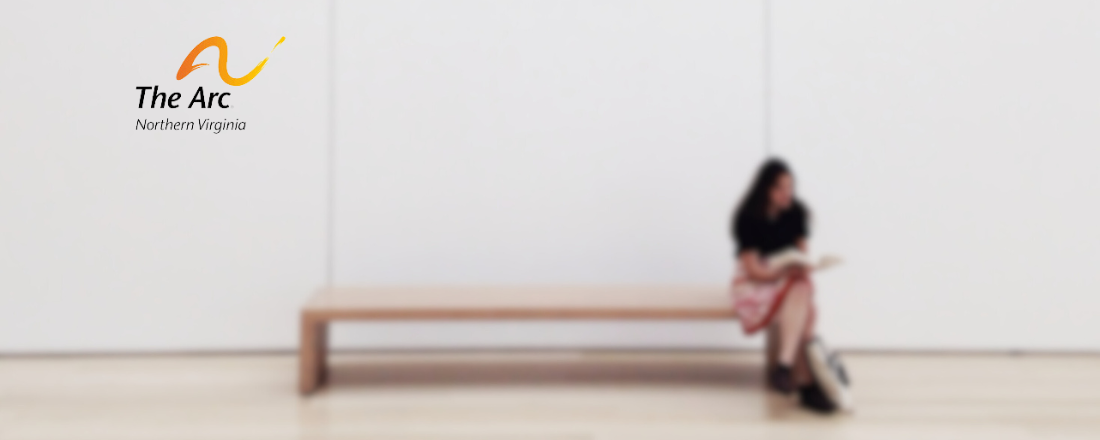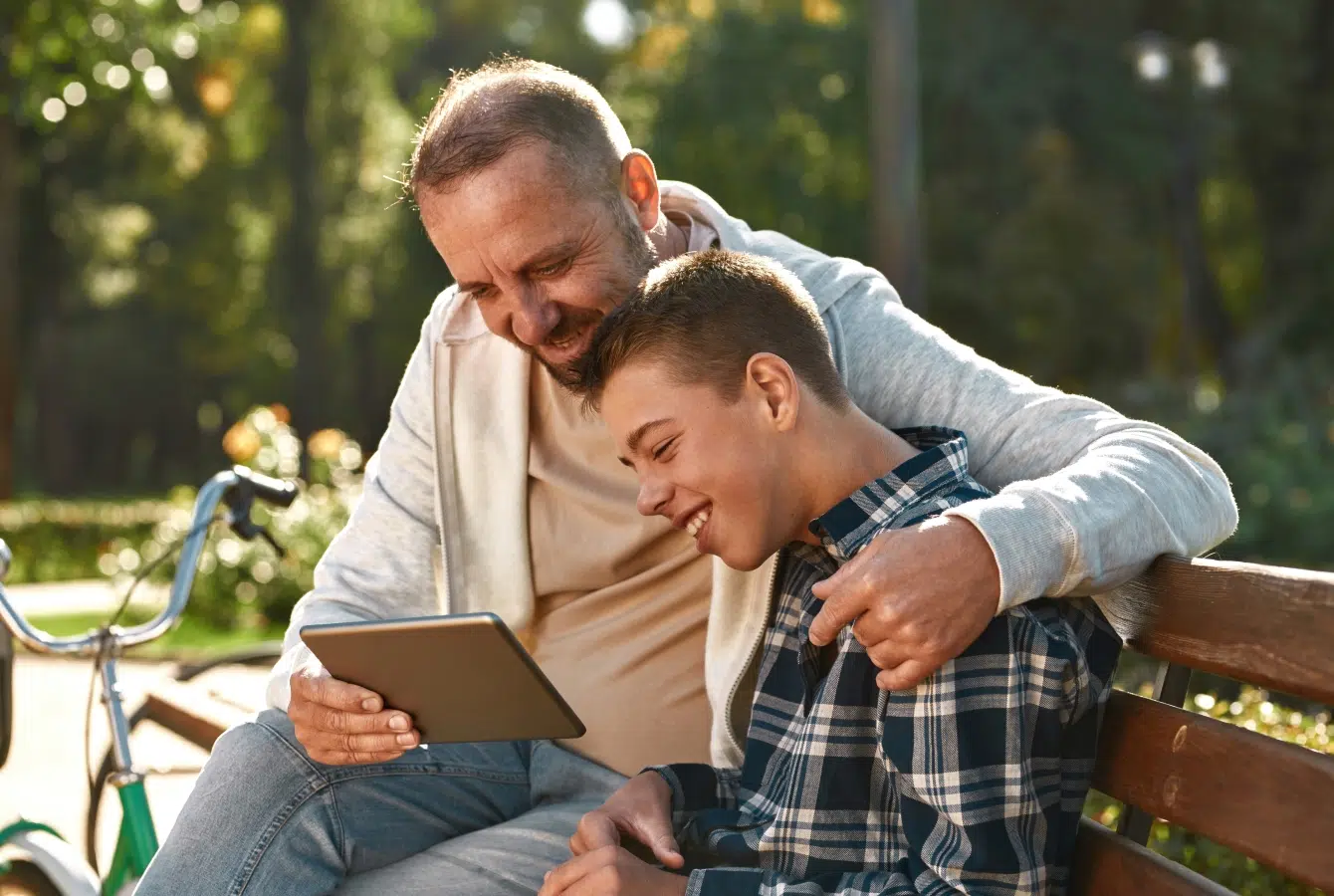
Rob Hudson is a Frank Trippett Advocacy and Outreach Fellow, and Community Outreach Associate for The Arc of Northern Virginia. Rob’s advocacy on behalf of his daughter, Schuyler, who has a rare disorder called polymicrogyria, has guided his personal philosophy for the past twenty years.
The question came in a text from a teacher friend of mine. “I know special needs kids are marginalized by our society, but WHY? Fear of what’s different? Disdain for people they think are weak? General mean-spiritedness? I just don’t get it.”
It’s such a basic question, and one so central to the societal piece of disability advocacy, and yet I’m not sure how often we ever really consider it. Why do our loved ones with disabilities find themselves so regularly dismissed and relegated to the margins of our society? Why do the people who matter the most to us seem to find such a hard time mattering at all to so much of the world?
There are simply the jerks, first of all, and while I think they’ve always been around, I suspect they’ve become emboldened by a growing retreat from social obligations in this country. The sense that we’re all in this together feels almost quaint now, like something we’d hear from Atticus Finch on the front porch but maybe not so much from the heads barking at us on our televisions. Perhaps it’s worse now because our politics have become so divisive, I don’t know. Disdain for the vulnerable certainly seems to be a prominent narrative in recent years.
But I think the marginalization of the disabled goes far beyond just general misanthropy. When my friend asked about fear of those who are different, I think that’s where the answers mostly live. Not just fear of difference, although in our conformist society, that’s not a small thing. But there’s another kind of fear that I think affects us where children with disabilities are concerned, particularly if we are present or future parents.
When pregnant couples are asked if they’re hoping for a boy or a girl, there’s an answer you hear so frequently that it even seems to transcend cliché. “We don’t really care, as long as our baby is in good health.” That’s the thing many people think about the most: the health of our children. We want them to be born as perfect, flawless babies, and we want to keep them that way for the rest of their lives. It’s understandable; I can remember thinking the same thing, seemingly a thousand years ago.
Children with disabilities inspire a kind of unease in many people. They remind us that there are absolutely no guarantees, and they illustrate how our lives can permanently change in a moment. We don’t know how that could look one day, but we can imagine how hard it might be.
I get that, I think. I remember vividly the day we learned just how different my daughter’s life was going to be. I remember imagining myself as an old man, dying in my bed and worrying with my last breath what was to become of my daughter. I imagine that still today, perhaps more acutely than ever. But my desperation and fear is tempered now. It’s colored by a realization that I never had in those early days, back when all we had was the Worst Case Scenario from my daughter’s doctors.
I didn’t understand it then. How could I? But I came to learn that being the parent of a kid with a disability was going to change me. It was going to enrich me in ways I could never predict, and it was going to deepen my understanding of the world and my compassion for those around me. My daughter is different, and that difference and the complicated life that accompanies it sit at the very center of my world now, and will until the day I die. Making peace with that life means understanding the depth of experience that follows, both for the person with a disability and those who love them.
Most of all, it means not just recognizing but fully embracing the basic human right of every person with a disability to expect a life of unfettered agency and self-actualization. That’s not a thing we grant them. It’s not ours to give. It’s just a thing that we ourselves need to acknowledge.
The value of human life isn’t defined by the perfection of the human form or how advanced the intellect and its accompanying understanding of a complex world. That’s a powerful realization. In a society that places such a high but narrow value on measuring our worth by our productivity and our total independence, embracing the inherent human value of even the most impaired person is a revelatory act of social defiance, and perhaps a genuine spiritual awakening.
My daughter is the heart of my world, and her difference, which deeply impacts her but does not define her, is the engine that drives the choices I make every day. I never would have chosen that life twenty-four years ago, not in a million years, but that’s because I suffered from the same lack of imagination as much of the rest of the world. Not having ever faced the reality of disability parenting, most people are nearly incapable of imagining the richness that comes with experiencing the possibilities.
Our loved ones with disabilities are marginalized by society. That’s a fact, and it’s a pity. But the pity is not theirs. It is society’s, and much of the sadness I feel is for a world that looks at our children of difference but does not truly see them.



